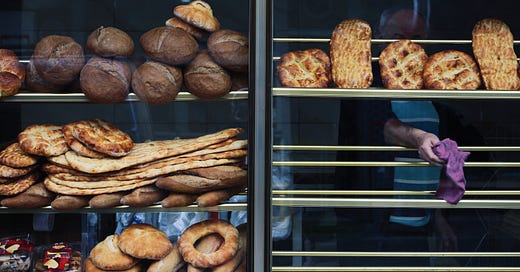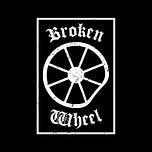- Go, eat your bread with joy, and drink your wine with a merry heart, for God has already approved what you do. -
I have seen many people who read Ecclesiastes and take the eat and drink verses out of context. Ecclesiastes 9:7 should become your go to passage to understand them.
In what way do they misinterpret them? Its hard to apply motive, but I think there is a subconscious desire within everyone to make God’s demands less strenuous.
Did you know that for the first time in human history, we are about to have more overweight people than malnourished? It’s a stunning achievement.
Well, in more decadent societies, people are undoubtedly looking for excuses to enjoy their extravagant lifestyles and hobbies.
How do you justify eating a 1,500-calorie combo while there are still kids in Africa without food? How do you justify playing video games for eight hours a day while others live in poverty?
How do you justify your trip to the beach knowing the money and time you’re spending could be used by God to do something wonderful for His kingdom?
What am I saying? Am I trying to condemn and judge others for not living lives 100% devoted to God all of the time? Of course not.
What I am describing is an internal dialogue and struggle I think we all face, primarily because we do not know how to rest properly.
We are moral creatures and that is why we so must assiduously assuage ourselves that our moral failings, especially those that are convenient, are banal.
That is how these passages become misinterpreted. Ah, here is a verse that says the mysteries and struggles of life are too complex for me to figure out.
What is right and good is to enjoy life. I’ll make sure to spend my money on life’s gentle pleasures as certainly I cannot be expected to right all the world’s wrongs.
Well, I get that, and I think to some extent it may be true, but that isn’t what these verses are arguing.
Remember what the past six verses have been discussing? They’ve been a lament that the consequences in our life are not proof of God’s favor or disapproval.
What does the end of our verse say? That God has already approved of what we do.
How in the world does that make sense? How can we be talking about the righteous and the wicked a few sentences ago to now saying that God approves of our actions?
These verses are jarring when placed this close to one another, and that is by design. They are supposed to feel incongruous.
This verse is like us. It is an attempt to give up on greater meaning when life gets too hard. It is an attempt to excuse our actions in spite of knowing what we should do.
Perhaps if we were more familiar with the literary techniques of Solomon’s time, this would be more apparent to us.
Verses like this drive my love for this book. It doesn’t hide our attempts to rationalize away God’s will for our life. It makes us wrestle with that desire as we read the text.
What will you choose? Comfort or meaning?














Share this post